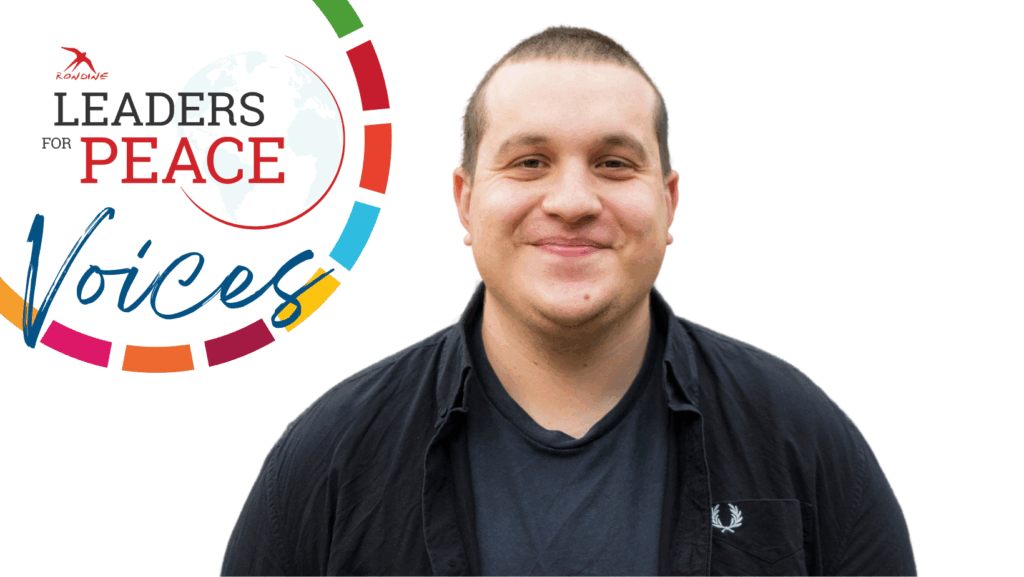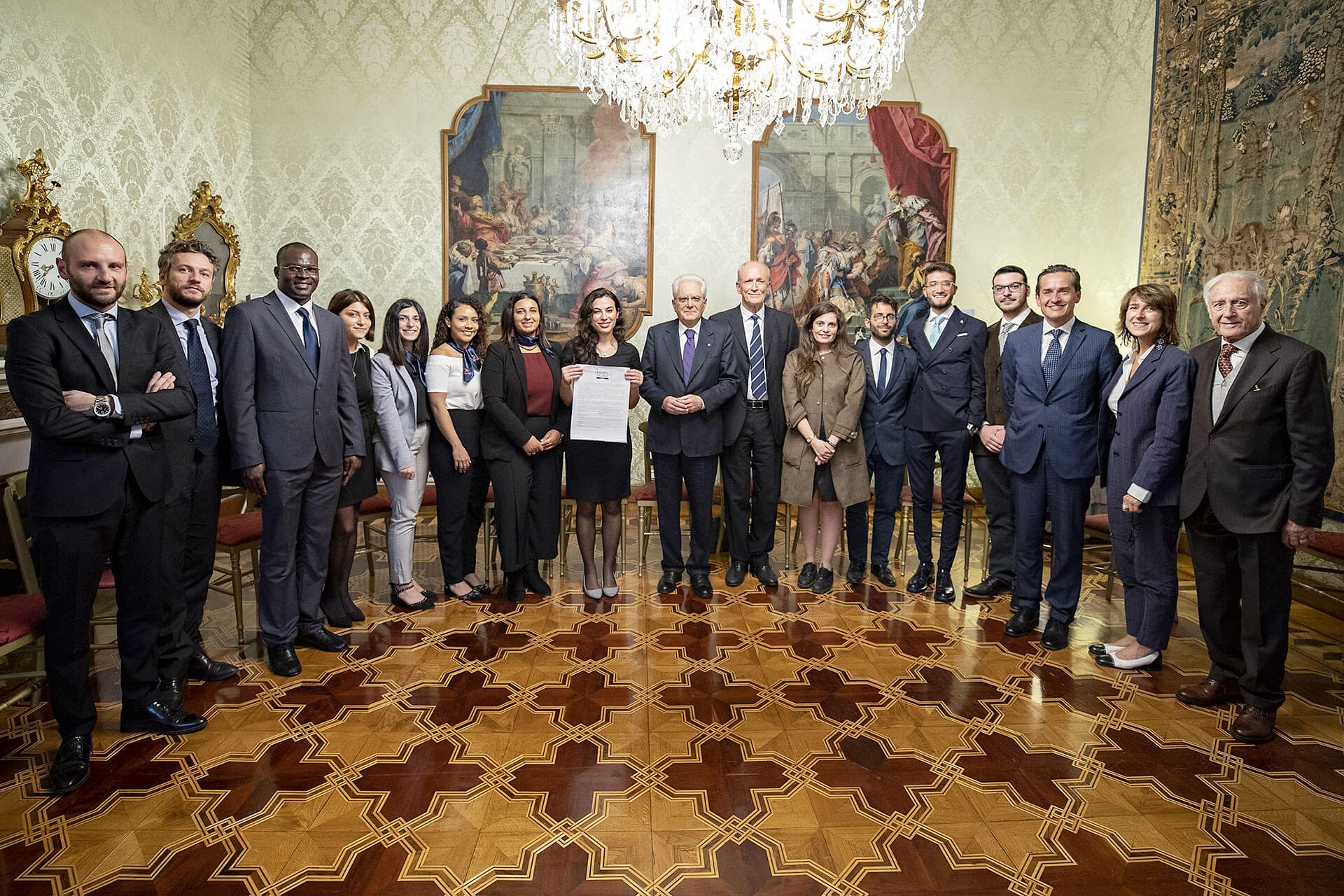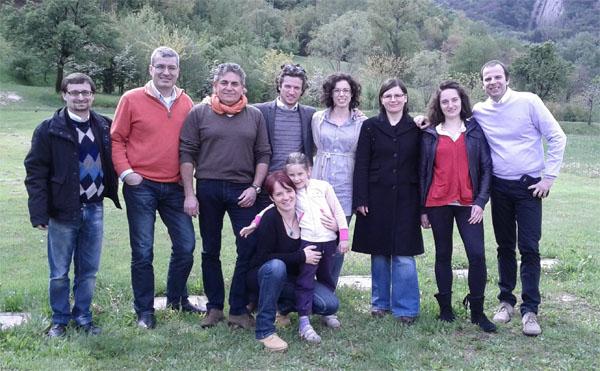Rondine and its international students continue to advance the campaign through a series of opinion pieces on peace education and the United Nations 2030 Agenda: “Leaders for Peace Voices.”
The sixth article in the series is by Ilia Liapin, a Russian researcher specializing in Eastern Europe and Eurasia, with experience in development and civil society projects for international NGOs. From 2022 to 2024, he was a World House fellow at Rondine, contributing to the Leaders for Peace campaign and supporting refugee rights.
In his article, published on the occasion of the International Day of Multilateralism and Diplomacy for Peace, Ilia analyzes the decline of multilateralism in an increasingly fragmented world. He denounces the normalization of conflict-based rhetoric and the weakening of global institutions. Finally, he calls for renewed investment in diplomacy and support for a new generation of peace-driven leaders.
“Learned jurists diligently argue that there is no contradiction between calling nations to universal peace and inciting war for the seizure of foreign lands.” – Leo Tolstoy
On April 24, we mark the International Day of Multilateralism and Diplomacy for Peace—a reminder of our shared responsibility to resolve conflicts through dialogue, cooperation, and collective action.
And yet, despite more conversations about peace than ever before, we are living through one of the most unstable periods in decades. New wars are erupting, while long-standing conflicts intensify with devastating human costs.
The system of collective security is breaking down. International treaties are weakening. Global cooperation through institutions like the United Nations is being replaced by backroom deals and power-based alliances. The world is fracturing into rival blocs, more aggressive in defending narrow interests and less committed to common solutions.
At the same time, some countries are using economic, cultural, and military pressure to impose their will. Others are increasing arms production and withdrawing from global economic systems—undermining the infrastructure for cooperation. In Europe, we’re witnessing the largest rearmament effort since World War II.
Public narratives are filled with terms like economic war, trade war, culture war, and more. This normalization of conflict-based rhetoric deepens division and hostility. If the 20th century taught us anything, it’s that when trade wars escalate, real wars often follow.
Abandoning multilateralism for unilateralism is not just a political shift—it’s a dangerous illusion. By giving up on collective solutions, we risk fulfilling a prophecy of inevitable conflict.
But we’ve been here before. The values of diplomacy and multilateralism were born from unimaginable sacrifice—especially after two world wars. They were never abstract ideals, but practical tools for peace built by generations determined not to repeat history.
Today, we need to reverse the trend and cut this current Gordian knot by supporting a new generation of leaders—young voices who can restore dialogue, rebuild trust, and bring fresh energy to the cause of peace.
The Leaders for Peace campaign is exactly the kind of initiative the world needs right now. We must urge our governments to invest in peace and peace education thus, to stand with those promoting diplomacy—not division.
Let’s invest in peace. Let’s empower the voices who can make it real.
Ilia Liapin
Ilia Liapin is a Russia-born qualitative and quantitative researcher with a focus on Eastern European and Eurasian affairs. He has collaborated with international NGOs on civil society and development projects in various regions. His work also includes policy analysis and journalistic writing on political and economic issues, as well as human rights. From 2022 to 2024, he was a World House Fellow at Rondine, where he contributed to the Leaders for Peace campaign and launched a platform offering legal support to refugees.





